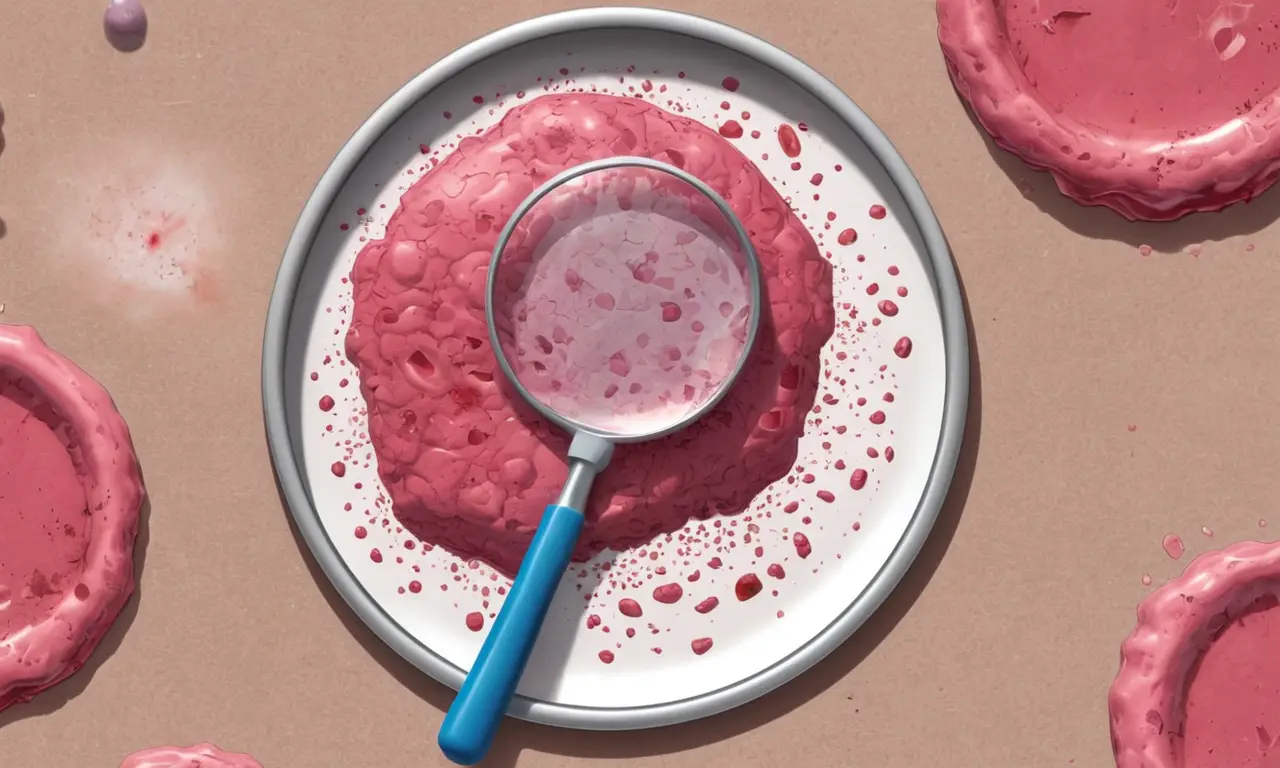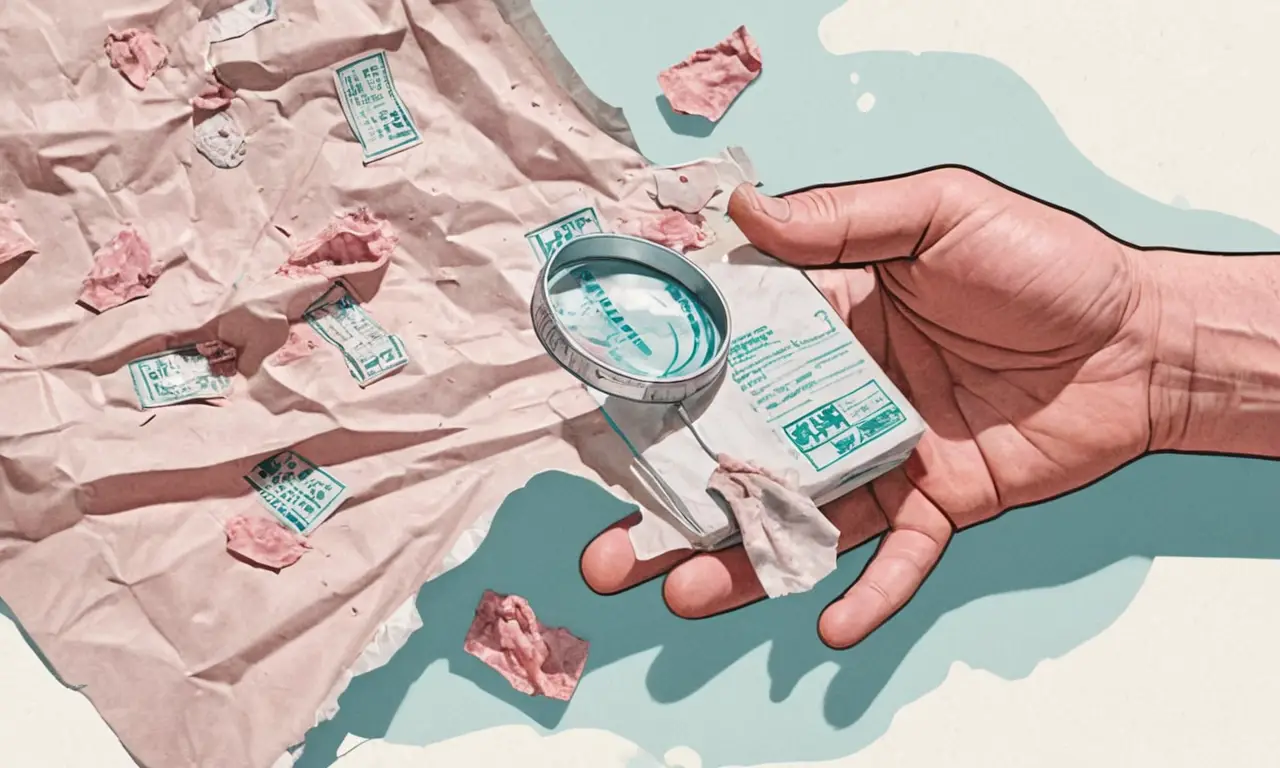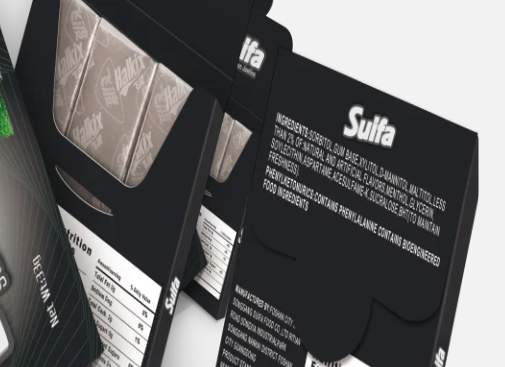We’ve all been there – reaching for a piece of gum only to realize it’s past its expiration date. But is it really safe to chew expired gum, or should we toss it out and start fresh? While the thought might make some squeamish, the truth is that chewing expired gum isn’t necessarily dangerous. However, there are some factors to consider before popping that old piece into your mouth.
This article will delve into the safety of chewing expired gum, exploring potential flavor and texture changes, the risk of bacterial growth, and any associated health concerns. We’ll also discuss personal decision factors that might influence your choice to chew or discard expired gum. By the end, you’ll have a better understanding of whether it’s okay to indulge in that slightly past-its-prime piece of chewing gum.
Is Expired Gum Safe To Chew?
The short answer is: yes, can you eat expired gum is generally safe. Unlike food products with perishable ingredients, gum doesn’t typically spoil in the traditional sense. It lacks the nutrients that bacteria need to thrive and multiply, making it less susceptible to spoilage.
However, this doesn’t mean that all expired gum is perfectly safe. Improper storage conditions can lead to bacterial growth, even in gum. If your gum has been exposed to moisture, heat, or direct sunlight for extended periods, there’s a higher chance of bacteria developing on its surface.
Flavor and Texture Degradation

One of the most noticeable changes in expired gum is often a decline in flavor and texture. The sweeteners, flavorings, and softeners used in gum can break down over time, resulting in a less intense taste and a potentially harder or stickier consistency.
This degradation is primarily due to oxidation, where the gum’s ingredients react with oxygen in the air. Over time, this reaction alters the chemical structure of the gum, leading to changes in its sensory properties.
Factors Affecting Flavor Degradation
Several factors can accelerate flavor degradation in gum:
- Temperature: Heat speeds up chemical reactions, including oxidation, which can lead to faster flavor loss.
- Light Exposure: Sunlight and artificial light can also contribute to flavor degradation by causing photochemical changes in the gum’s ingredients.
- Humidity: High humidity levels can promote moisture absorption in gum, potentially affecting its texture and flavor.
Bacterial Growth in Expired Gum
While gum itself isn’t a breeding ground for bacteria, it can become contaminated if stored improperly. Bacteria present on hands, surfaces, or even in the air can transfer to the gum’s surface, especially if it’s exposed to moisture or open air.
Preventing Bacterial Contamination
To minimize the risk of bacterial growth in gum:
- Store gum properly: Keep gum in a cool, dry place away from direct sunlight and heat.
- Avoid touching gum with dirty hands: Wash your hands thoroughly before handling gum.
- Discard contaminated gum: If you notice any signs of mold or discoloration on the gum, discard it immediately.
Health Risks of Chewing Expired Gum

Chewing expired gum is unlikely to pose significant health risks for most individuals. However, there are a few potential concerns:
- Digestive discomfort: Some people may experience mild digestive upset, such as bloating or gas, if they chew large amounts of expired gum. This is because the gum base can be difficult for the body to digest.
- Allergic reactions: While rare, some individuals may have allergic reactions to certain ingredients in gum, even expired gum.
Personal Decision Factors
Ultimately, the decision of whether or not to chew can you chew expired gum comes down to personal preference and comfort level.
Consider these factors:
- Taste and texture: If the flavor and texture of the gum are no longer appealing, it’s probably best to discard it.
- Storage conditions: If the gum has been stored properly in a cool, dry place, it’s likely safe to chew. However, if it has been exposed to moisture, heat, or direct sunlight for extended periods, it’s best to err on the side of caution and throw it away.
- Personal risk tolerance: Some people may be more sensitive to potential risks associated with chewing expired gum than others.
Conclusion
While chewing is it ok to eat expired gum might not pose immediate health risks, it’s important to consider factors like flavor degradation, bacterial growth, and personal comfort levels. If the gum appears moldy or has an off smell, discard it immediately. Otherwise, if you’re comfortable with potential changes in taste and texture, chewing slightly expired gum is likely harmless. Remember, making informed decisions about your food choices, even seemingly innocuous ones like chewing gum, can contribute to your overall well-being.



